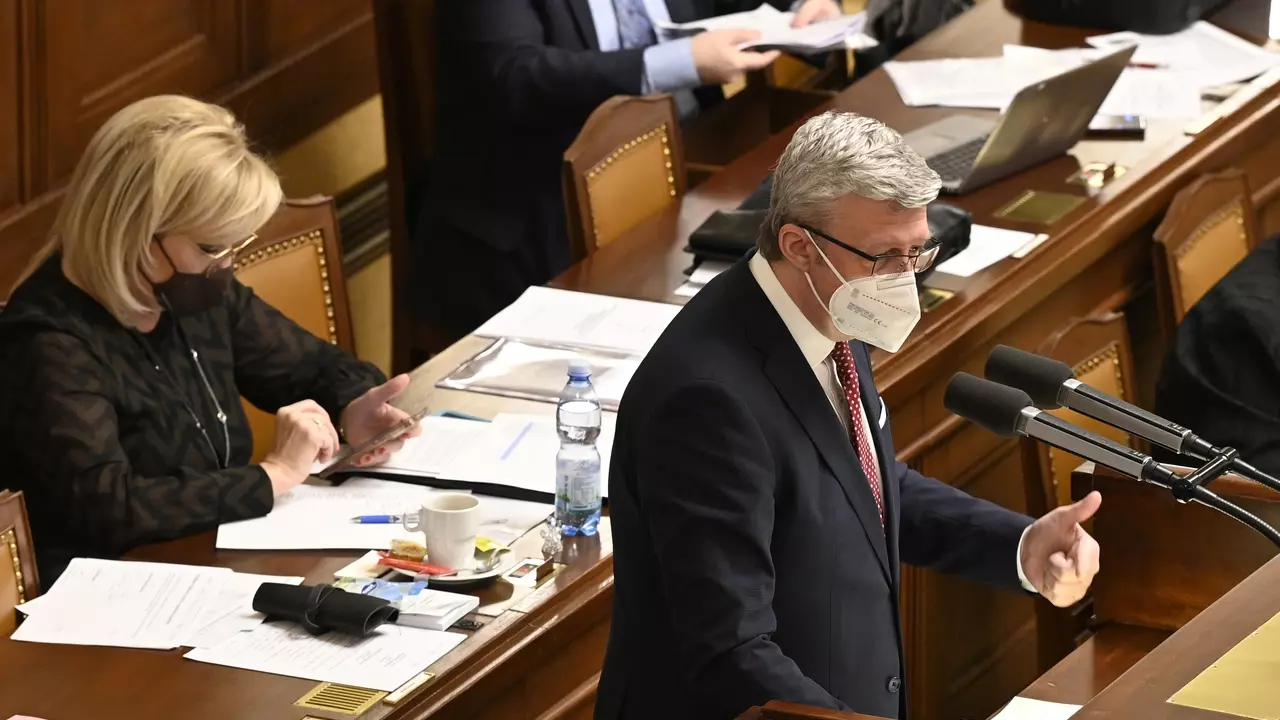At an extraordinary meeting on Wednesday, members of the ANO movement wanted to discuss amendments to the current energy crisis. They tried to address, among other things, the across-the-board reduction of VAT on electricity and gas to zero for the whole next year. However, the coalition of SPOLU (ODS, KDU-ČSL, and TOP 09) and the Pirates with STAN did not support the meeting’s proposal but instead wanted to prepare “targeted” support for people find themselves in need because of the energy crisis.
“Even if the incoming government does not like it and puts obstacles to our efforts, there is no doubt that the role of the state should be active in the energy crisis,” said the outgoing Finance Minister, Alena Schillerová (ANO).
She mentioned that she had already waived VAT until this year. “Thanks to this legalization, the average household will save several hundred crowns in November and December,” she stated.
Marian Jurečka, the head of the People’s Party and incoming Minister of Labour and Social Affairs, reiterated that MPs of the incoming government would not support this program. He clarified that he does not consider VAT waiving as a solution.” On the contrary, it is necessary to prepare targeted support for households that are in a difficult financial situation due to high energy prices, “the People’s Party leader commented.
Jan Farský, the head of the STAN MPs, announced on Tuesday that the new government, which is due to take office on Friday, is preparing to follow its programs to help tackle the effects of rising energy prices.
“Negotiations are already underway with the leadership of the Ministry of Labour so that the measures will be carefully targeted,” Farský mentioned.
The outgoing government wanted to exempt gas and electricity supplies from value-added tax across the board for the whole of next year. Part of the income from the sale of emission allowances would mitigate the social impact of high energy prices. The last draft would allow households to be compensated for part of the regulated price of electricity. Of the 167 MEPs present, 84 were against the approval of the draft plan.









Definitely believe that that you stated. Your favourite reason seemed to be
at the web the simplest factor to understand
of. I say to you, I certainly get irked whilst other folks consider worries that they plainly do not
understand about. You controlled to hit the nail upon the highest as
smartly as outlined out the whole thing without
having side effect , people could take a signal. Will
probably be back to get more. Thanks
I needed to thank you for this fantastic read!! I certainly enjoyed every bit of it. I’ve got you saved as a favorite to check out new stuff you post…